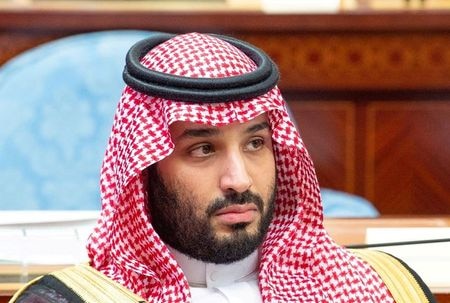Saudi Arabia announces 2060 net zero target ahead of COP26 climate summit

Saudi Arabia has pledged to cut carbon emissions and reach net zero by 2060.
Crown prince Mohammed bin Salman announced the country will push its climate agenda while maintaining its role as a leading producer of oil and gas.
Speaking at the official launch of Saudi Green Initiative Forum, he revealed the country would spend $187bn on a range of new climate goals, including reducing carbon emissions by 278m tonnes annually by 2030.
Saudi Arabia’s first renewable energy plant opened in April and its first wind farm began generating in August.
It now has plans to build a $5 billion plant to produce hydrogen and clean fuel.
The country will also plant 10 billion trees, increase its overall environmentally protected areas by 30 per cent, and cut its emissions of methane.
It will join a US-led pact to curb methane emissions by 30 per cent this decade.
He said, “These initiatives aim at modifying the Kingdom’s energy mix, rationing and increasing the efficiency of energy production and use, and investing in new energy sources, including hydrogen.”
The announcement comes days ahead of the upcoming COP26 climate summit in Glasgow and the G20 leaders meeting in Rome, where Saudi Arabia had been under pressure to present more radical emissions targets.
However, Prince Mohammed argued that he still saw a central role for oil and gas production over the coming decades. He wanted to reinforce the “kingdom’s leading role in the security and stability of global energy markets, with the availability and maturity of required technologies to manage and reduce emissions.”
The country will utilise a “carbon circular economy” to reach its 2060 net zero goal. This includes carbon capture, utilisation and storage technologies.
The new net zero emissions target is unlikely to change Saudi Arabia’s status as the world’s largest crude oil exporter, because exports are typically excluded from the emissions measured.
The United States, the world’s second-biggest emitter, has committed to achieving net zero by 2050.
China and India, the world’s biggest and third-biggest emitters, have not committed to this timeline.